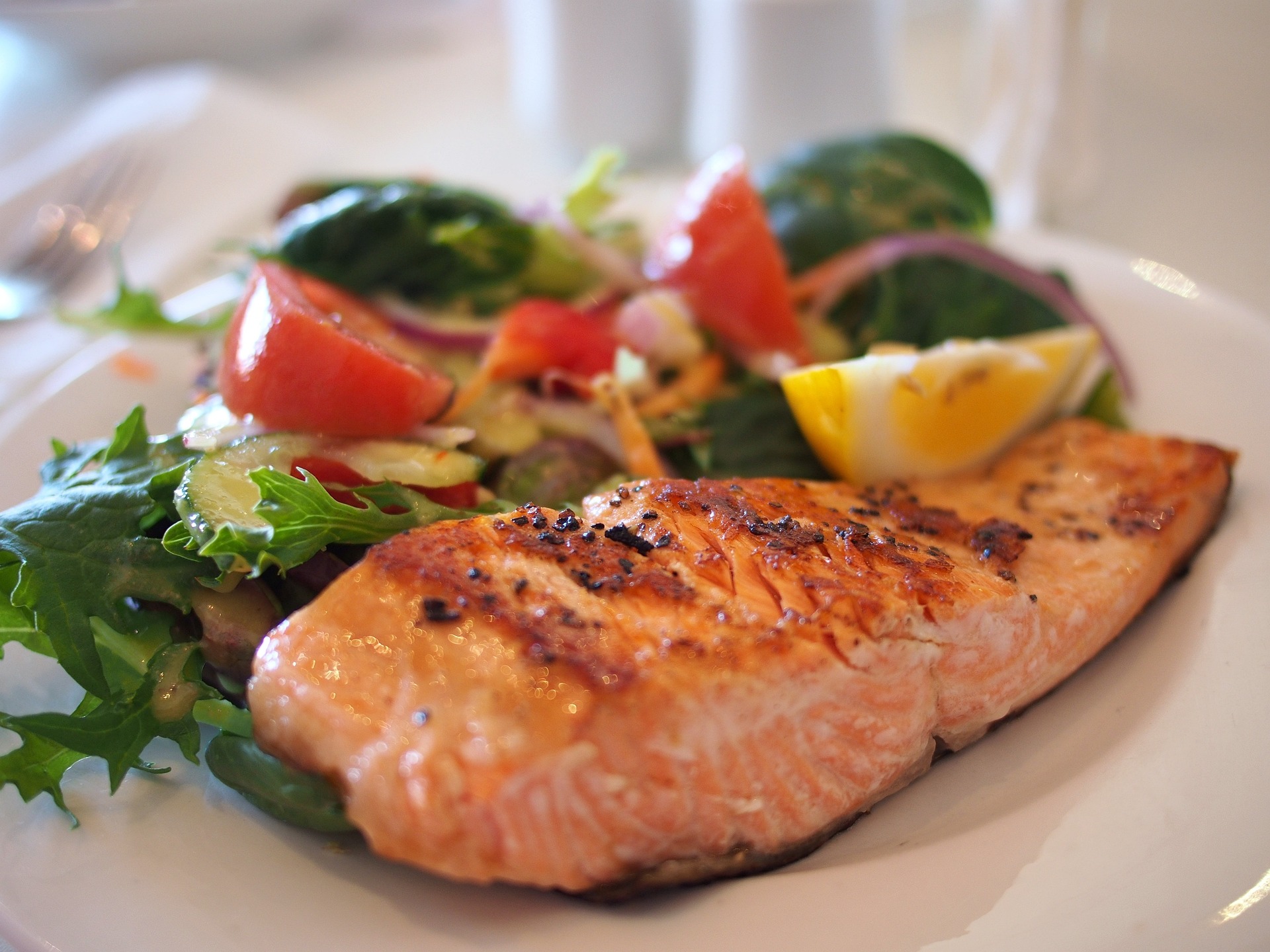Introducing the Exotic Flavors of South African Cuisine
South Africa is a land of spectacular diversity, not only in its people and cultures, but also in its culinary traditions. This article will delve into the heart of South African cuisine, exploring its unique flavors and ingredients, innovative cooking techniques, and the exciting fusion of local and global influences that characterize South African food.
The Rainbow Cuisine
South African cuisine is fondly known as ‘rainbow cuisine’ due to the wide array of flavors, ingredients, and cooking styles that it encompasses. This diversity is a result of the country’s rich cultural history, which includes influences from indigenous people, as well as Dutch, French, Indian, and Malay immigrants.
Indigenous Flavors
At the heart of South African cuisine is the traditional food of its indigenous people. Key ingredients include maize, used to make a staple dish called ‘pap’, and an array of meats, from beef and chicken to game and insects, which are often barbecued or slow-cooked.
Global Influences
Over the centuries, South African cuisine has been enriched by a multitude of global influences. The Dutch contributed hearty stews and baked goods, while the French brought sophisticated culinary techniques and a love for fresh, local produce. Indian and Malay immigrants introduced an array of spices, creating flavorful curries and pickled dishes.
Fusion Cuisine
Today, South African cuisine is a delicious blend of local and global flavors. Trendy restaurants in cities like Cape Town and Johannesburg are redefining South African food, creating innovative fusion dishes that celebrate the country’s culinary diversity.
The Role of Beverages
South Africa’s beverage culture is as diverse as its food. From traditional African beers made from millet or maize, to world-renowned South African wines, beverages play an important role in the country’s gastronomy.
-
Interesting Fact: South Africa is the world’s ninth-largest wine producer.
-
Cooking Tip: When cooking South African food at home, try using traditional ingredients like biltong (dried, cured meat), boerewors (spicy sausage), and chakalaka (spicy vegetable relish).
South Africa’s culinary scene is an exciting blend of traditional flavors, global influences, and innovative fusion dishes. It offers a unique gastronomic journey that’s sure to delight food lovers around the world. So why not try your hand at cooking a South African dish, or visit a South African restaurant to discover the vibrant flavors of this fascinating cuisine?





